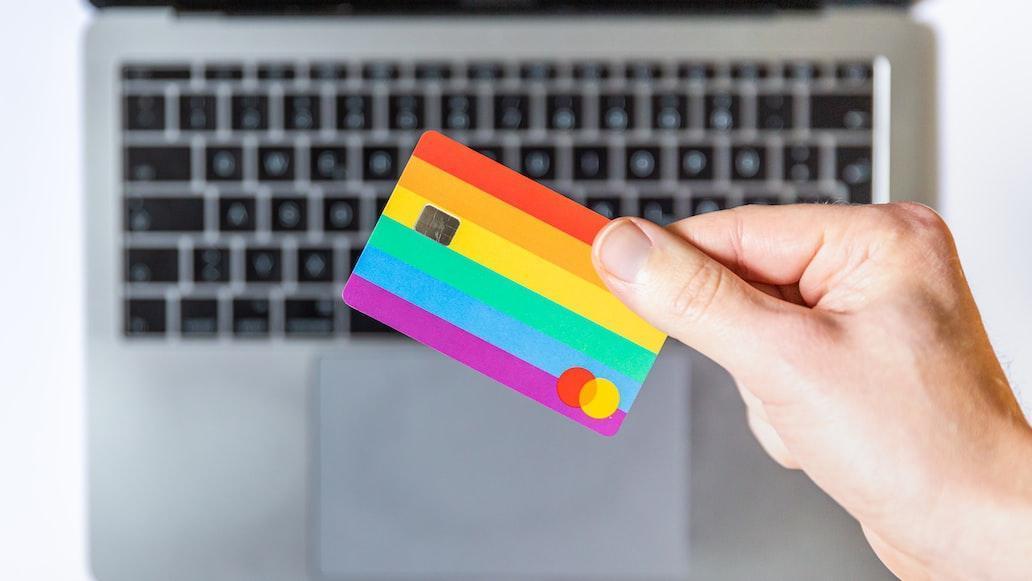If you’re a full-time freelancer, a small business owner, or a startup entrepreneur, you may not yet have a business bank account. That’s okay, there’s no reason to panic. However, it may be time to consider shopping around for and opening a business bank account so that you have a bit more control over your finances.
There are a lot of different options when it comes to business bank accounts, and depending on the institution, there can be a wide variety of benefits associated with business bank accounts that aren’t typically offered or attached to normal bank accounts.
If you’re wondering why you should open a business bank account when using your personal account has worked for you this long, you’ll want to keep reading and consider the following to figure out the best business bank accounts for you.
1. Making Payroll Easier
First and foremost, if you’re a small business owner or startup entrepreneur, there’s a really good chance that you have at least one employee, if not a small team under your direction. These employees and members of your organization need to be paid.
Managing payroll without an official business bank account is extremely difficult and can get very messy very quickly. You don’t even want to take the chance of getting wires crossed when it comes to payroll. Unhappy and unpaid employees will quickly ruin the reputation of your business and you as a business owner.
Instead of taking that risk, make sure you have a proper business account established so that your payroll is easy to manage, track, and observe at any moment in time. This will help you avoid major payment complications and other issues that can pop up when it comes to getting employees and team members paid on time.
2. Business Loan and Credit Applications

Another reason to establish a business bank account is that it will ease the business loan application process. Having a business bank account is a good way to establish validity with the lending institution considering your business entity as a borrower, and makes it much easier to show proof of cash flow and other considerations taken into account by qualified lenders.
In the same realm as business loans, having a separate business bank account is also good when applying for lines of business credit.
Again, the separate business account makes it much easier to track cash flow and various other expenses, which makes it easier for financial institutions to validate the entity’s ability to pay back a loan or interest on a line of credit in a timely manner. It also shows a level of professionalism that is important to display when operating a small business or startup venture.
3. Building Business Credit
Because businesses are treated as entities in this economy they have their own individual credit scores with which they’re associated. However, without a separate business bank account, the entity’s credit score is woven in with your personal credit score as the business owner or founder.
This is problematic for a variety of reasons, and something that most entrepreneurs and business owners want to avoid. In order to protect your own personal assets, it’s vital to separate the business finances from your own. Opening a business bank account is the perfect first step to take in that direction.
4. Tracking Expenses

As mentioned above when discussing the business loan application process and the applications for a line of business credit, having a separate business banking account makes it much easier to track the business expenses individually and collectively.
This is a huge benefit when considering how much more difficult it is to isolate business expenses when they’re scattered throughout a personal checking account that also has late-night runs to Wendy’s.
Having an accurate record of the business expenses and financials will make your life much easier down the road as well, as you scale your venture.
5. More Accurate Deductions
Finally, one last reason that having a separate business bank account is beneficial is because of the documentation it provides when it comes time for tax season.
Having a more detailed and comprehensive view of your business expenses and costs will also give you deeper insight into tax breaks and deductions for which you qualify.
These insights can end up compiling over time and can result in significant savings.
How to Choose the Right Business Bank Account
Selecting the right business bank account can be one of the most important decisions you make for your business. There are a wide variety of accounts and services to choose from, so it can be difficult to know which bank and account are right for your company. Here are some factors to consider when selecting a business bank account:

- Fees: Be sure to understand all fees associated with the account before opening, including any potential monthly fees or transaction costs.
- Online banking: Determine whether you want an online banking platform that provides additional features for processing payments and tracking spending.
- Offers: Some banks offer promotional signup bonuses and other incentives when opening an account. Look into any exclusive offers that may apply to your situation.
- Interest Rates: Your level of use will often determine if a business checking or savings account makes more sense, as well as which type of interest rate best serves your particular needs.
- Security Features: Look for accounts with security features such as fraud protection that go beyond industry standards, providing added peace of mind when managing finances.
A few Final Thoughts
If you’re in the new era of freelancing full-time, startup entrepreneurship, or small business ownership, the start of 2025 might be the perfect time to look into opening a business bank account.
With a business bank account, you can more easily conduct and manage your payroll, track your costs and expenses, and secure additional financing through business loans or lines of credit.









